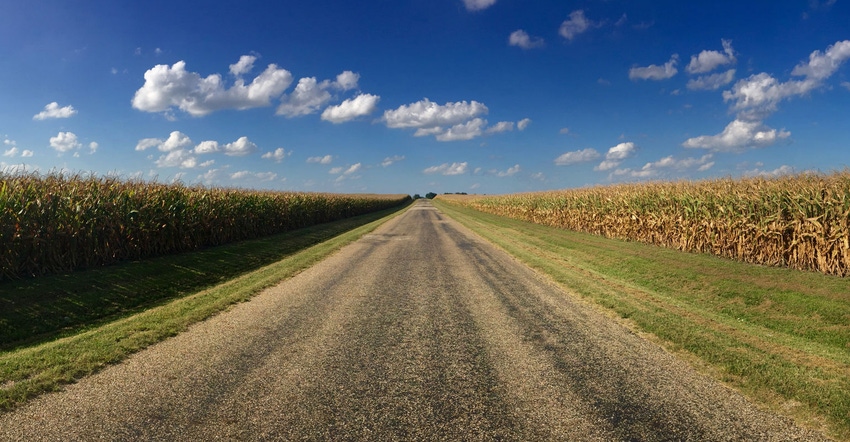
Three Illinois farm organizations have dissolved an administrative relationship that many Illinois farmers may never have known existed. Since the early 1970s, when the state corn and soybean associations were formed, employees have technically been employed by the Illinois Farm Bureau, receiving the same benefits and pensions as IFB employees.
As of Aug. 31, that relationship is no more, and both commodity organizations have set up systems to employ their own teams of people.
According to Chris Magnuson of the Illinois Farm Bureau, the decision was made out of concern for liability by the IFB board of directors, which gave the commodity organizations about 13 months’ notice.
“We were exposed to significant legal liability, particularly for employees we don’t actively manage,” Magnuson says, explaining that while the corn and soybean employees were technically IFB employees, they worked for separate boards of directors. “There’s employee risk for anybody, but at least within IFB, we have direct oversight and take any step we can to mitigate that risk.”
Historically, IFB President Rich Guebert says, the relationship began when the commodity associations were formed in the ’70s and only had an employee or two. Originally, those employees were housed in the IFB building. As the organizations grew, they added checkoffs, and the desire to have more autonomy led them to move out of the IFB building and into their own facilities. Employees remained under IFB employment; however, any salaries and associated costs were reimbursed by the commodity associations, and employees reaped the benefits of being part of a larger organization.
Rod Weinzierl, IL Corn executive director, says it was simply a management contract, not an affiliate relationship. His organization has discovered both pros and cons to being on its own and providing employee management for one part-time and 12 full-time employees. On the plus side, they’ve been able to shop around more for benefits and secure better rates. But they’ve also found other things harder to replace, because they’re a smaller entity and have lost some efficiencies that go with economies of scale.
Illinois Soybean Association declined to be interviewed for this story.
Moving on
Despite the changes, Weinzierl doesn’t expect costs to be much different than they were under IFB. Farm Bureau agrees; Magnuson says the corn and soybean organizations reimbursed IFB for all costs related to employees — salaries, benefits, etc. The only costs IFB incurred were in terms of human resource people, accounting people and overall management.
“But honestly, that was not a factor in the decision,” he adds. “That was a wash.
“The administrative relationship has served its purpose: It got them established,” Magnuson says, adding that corn and soy have about 25 employees across both organizations, compared to 300 to 325 at Illinois Farm Bureau.
Guebert says the administrative change won’t affect Farm Bureau’s relationship with the two commodity organizations. “We’ve had a good working relationship over all these years, and with all the issues in front of us, we’ll continue to work,” he says.
“All ag needs to be together. It’s our desire to continue it, and I believe that’s corn and soybean’s desire as well,” he adds.
Weinzierl says the administrative changes won’t affect the membership of IL Corn, nor its ability to serve Illinois farmers.
“From an outward appearance, I don’t know if anyone will even notice any difference,” Weinzierl says. “In the end, Illinois agriculture will still receive the same benefit.”
About the Author(s)
You May Also Like






